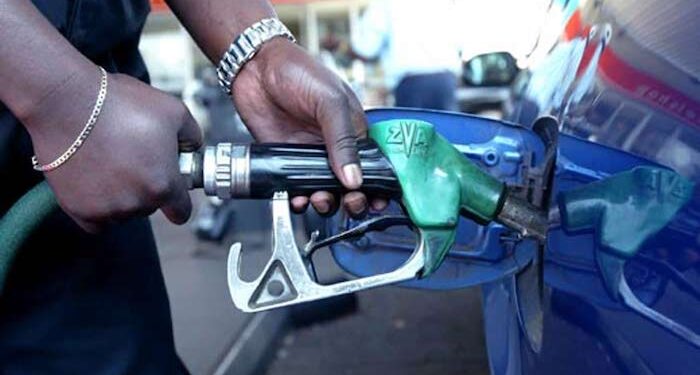The Nigerian Midstream and Downstream Petroleum Regulatory Authority (NMDPRA) has strongly denied allegations that dirty fuel is being imported into the country. Ogbugo Ukoha, the Executive Director of Distribution Systems, Storage, and Retailing Infrastructure at the NMDPRA, clarified that the authority does not encourage and has not allowed the importation of substandard fuel.
Ukoha addressed journalists after a meeting with oil marketers and local refiners at the NMDPRA headquarters in Abuja, emphasizing, “There is no dirty fuel that we would encourage to come into Nigeria. And there is no dirty fuel being brought in.”
This statement was in response to claims made by Devakumar Edwin, Vice President, Oil and Gas at Dangote Industries Limited (DIL), who accused International Oil Companies (IOCs) in Nigeria of undermining the Dangote Oil Refinery and Petrochemicals. Edwin also criticized the NMDPRA for allegedly granting licenses indiscriminately to marketers importing substandard refined products.
Ukoha stressed that the NMDPRA is dedicated to its statutory mandate to ensure the supply and consumption of only quality petroleum products in Nigeria. He highlighted the adoption of the Afri-5 fuel roadmap by the Economic Community of West African States (ECOWAS) in 2020, which mandates a maximum sulphur content of 50 parts per million (ppm) in certain products.
“Whilst it encouraged almost an immediate enforcement against imports to comply with that standard, the same treaty deferred enforcement for local refineries up to 31 December 2024,” Ukoha explained, noting that this is supported by section 317 of the Petroleum Industry Act (PIA) 2021.
Ukoha outlined the NMDPRA’s efforts since its inception to enforce compliance with these standards. He reported a significant reduction in the sulphur content of imported products up to December 2023, with a noted spike in January. However, strong enforcement measures implemented from February have successfully reduced the average sulphur content in Automotive Gas Oil (AGO) imports to below 50 ppm.
“With the local refineries, remember that declaration deferred it and so they continue to produce at a higher level. But we are not very anxious about that because even the new refineries that are coming in have within their design of the plant desulphurisation units that will see in the nearest future that sulphur going down as low as 10 ppm,” Ukoha added.
He assured that the NMDPRA remains committed to ensuring the well-being and health of Nigerians by maintaining strict quality control on imported petroleum products.
“There is no dirty fuel that we would encourage to come into Nigeria. I said there is no dirty fuel being brought in and I have given you the statistics for June. What we have on the average from imports have continued to go down from 200 on the average ppm and now we have it far below the 50 ppm that is in the law, provided under the law,” Ukoha reiterated.
Regarding the meeting with oil marketers and local refiners, Ukoha stated that the discussions were aimed at fostering collaboration to ensure and guarantee energy security in Nigeria. “Our discussions covered considerable issues, very significant and profound. Issues of pricing, competition have been raised and we will continue to engage with every operator to see that we land at a place that is ultimately beneficial to Nigeria and Nigerians,” he concluded.


